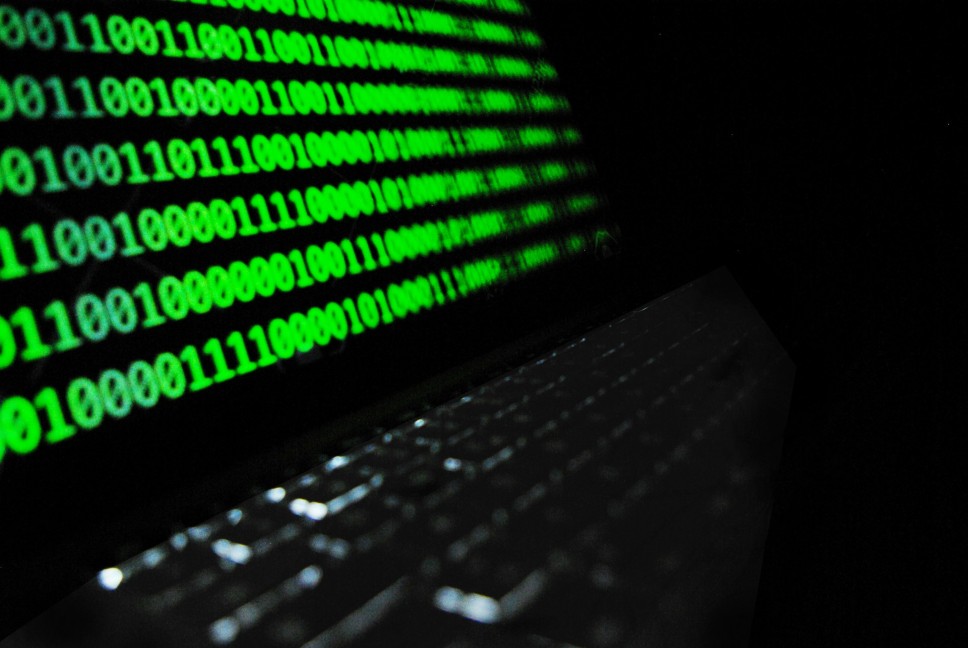Virtual Reality (VR) technology has been making significant strides in recent years, with a wide range of applications across various industries. One area where VR has the potential to make a major impact is in education. As educators look for innovative ways to engage students and enhance learning experiences, VR technology offers a new and exciting tool to help achieve those goals.
One of the key advantages of using VR in education is the ability to create immersive and interactive learning environments. With a VR headset, students can be transported to different locations, time periods, or even fictional worlds, allowing them to experience learning in a whole new way. For example, students studying history could virtually visit ancient Rome or witness the signing of the Declaration of Independence, providing a more engaging and memorable learning experience than reading about it in a textbook.
Another benefit of using VR in education is the ability to cater to different learning styles and abilities. For visual learners, VR can provide a more vivid and engaging way to process information compared to traditional teaching methods. For students with special needs or disabilities, VR can offer a more inclusive and accessible learning experience by providing customized solutions to accommodate their individual needs.
Furthermore, VR technology can also be used to simulate hands-on experiences that may be too expensive, dangerous, or logistically challenging to replicate in a traditional classroom setting. For example, medical students could practice surgical procedures in a virtual operating room, or engineering students could test out their designs in a virtual lab. This hands-on approach to learning can help students develop valuable skills and practical knowledge in a safe and controlled environment.
In the UK, the adoption of VR technology in education is steadily growing, with more schools and educational institutions incorporating VR headsets into their curriculum. The availability of VR headsets in the UK has made it easier for educators to integrate this technology into their teaching practices, providing students with access to a wider range of educational resources and experiences.
As VR technology continues to evolve and become more affordable and accessible, the future of virtual reality in education looks promising. With the potential to transform the way students learn and engage with content, VR technology has the power to revolutionize the education sector and provide students with a more personalized, immersive, and interactive learning experience.
In conclusion, the use of VR technology in education has the potential to revolutionize the way students learn and interact with educational content. With the availability of VR headsets in the UK and the continuous advancement of VR technology, the future of virtual reality in education looks bright and promising. Educators and students alike can look forward to a more engaging, immersive, and interactive learning experience thanks to the power of VR technology.
For more information on VR headset UK contact us anytime.











